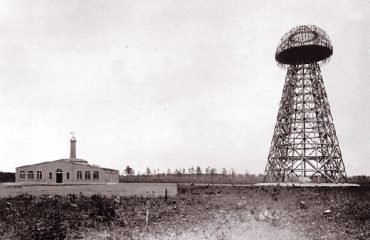
Today, we are officially fighting the cables. There are cables everywhere at home, at work, on the street. They're surrounded by spider webs. With the increase in technological tools, the number of cables is constantly increasing. Will our future pass among the cables or will technology find a solution for the cable? In fact, studies on this issue are not very new. Nicola Tesla is known for his work on wireless electric current in 1890. Nicola Tesla dedicated his life to this work and even managed to light a bulb without a cable. However, this happened at a very short distance. Tesla tried to develop the wireless electric current project; he died alone without getting the result he wanted. Tesla has been working on the project for a hundred years. As a result of these studies, wireless radio waves and wireless internet were found. But these waves could not send high currents. Scientists have tried to raise the current, have obtained some inventions. Nowadays, a company known as powercast in the United States is lighting LED lights from two kilometers away with wireless electric technology.
And in Korea, scientists have been able to operate vehicles, such as television and computers, via a wireless electrical network, albeit at a short distance. This means that Tesla's thought has come out of imagination and become reality. We'il be installing cables soon. We'il be able to use cell phones without charging. But scientists are still not satisfied with this issue. If even radio waves and telephone signals emitting a very low current threaten people's health, what kind of danger will this current operating a power plant put in people's health? Most scientists argue that there will be excessive radiation. We do not know what harm will be in terms of human health; we are only aware that we will be installing cables soon.